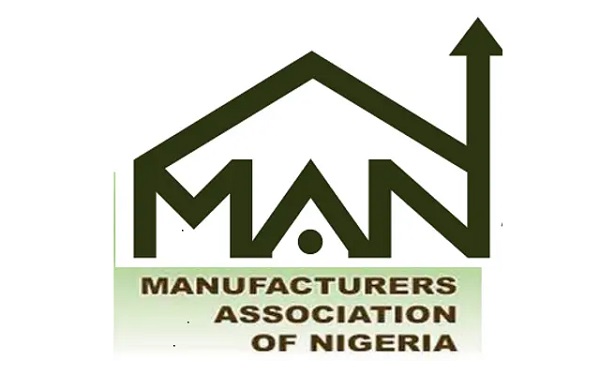The Manufacturers Association of Nigeria has called on the Central Bank of Nigeria to ease interest rates further, warning that rising borrowing costs are weakening production and eroding the competitiveness of local industries. The appeal followed the Monetary Policy Committee meeting held on November 24 and 25, where the committee retained the Monetary Policy Rate at 27 per cent.
In its reaction to the MPC outcome on Wednesday, the association acknowledged the decision to halt further rate hikes but maintained that current lending conditions remain punitive for businesses. The committee also adjusted the Standing Facilities Corridor to plus fifty and minus four hundred and fifty basis points, kept the Cash Reserve Ratio at forty-five per cent for commercial banks and sixteen per cent for merchant banks, and retained the liquidity ratio at thirty per cent. It expressed confidence in what it described as continued disinflation, pointing to the October inflation figure of 16.05 per cent.
Despite the improvements, the association said manufacturers still face borrowing rates ranging between thirty and thirty-seven per cent, describing the situation as restrictive and harmful to industrial output. It stressed that high interest rates make it difficult for firms, especially small and medium industrial players, to access credit for expansion and investment. It added that while exchange rate stabilisation and improved forex liquidity remain important, reducing the cost of funds is critical to unlocking new production capacity.
The association noted that already elevated costs in the real sector are compounded by structural constraints such as weak infrastructure, high logistics expenses, unreliable electricity, rising energy costs and persistent insecurity. It argued that these pressures, combined with expensive loans, continue to raise production costs and diminish Nigeria’s competitiveness in regional and global markets.
It urged the Central Bank and fiscal authorities to strengthen coordination and adopt reforms that would stimulate industrial growth and stabilise the operating environment. The association advised the bank to consider a downward review of interest rates in subsequent MPC meetings to ease credit constraints and encourage long-term investments in capital-intensive manufacturing activities. It also suggested the introduction of targeted policy tools to support credit flow to productive industries.
On exchange rate management, the association encouraged closer collaboration between monetary and fiscal policymakers to stabilise the naira and mitigate risks linked to capital movement that may arise from the revised MPC corridor, which is likely to encourage banks to increase lending. It added that fiscal measures must complement monetary actions by supporting industrial development, promoting reforms in agriculture, manufacturing and energy, and addressing inflationary pressures. It also called for urgent efforts to address insecurity in industrial and agricultural zones to stabilise raw material supply and improve food output, arguing that a secure environment is crucial for sustained growth.
While acknowledging the MPC’s attempt to preserve macroeconomic stability, the association stressed that now is the time to push credit-led growth in productive sectors. It urged the Central Bank to closely monitor the impact of previous MPC decisions on real-sector credit to guide future policy actions. It concluded by reaffirming its support for monetary stabilisation efforts but insisted that stronger alignment between fiscal and monetary authorities is essential to translate policy gains into broader economic development.
Earlier reports indicated that other private-sector groups have also encouraged the Central Bank to consider interest rate cuts in the coming months. They noted that while maintaining the 27 per cent benchmark rate reflects the goal of preserving the fragile stability currently being recorded, businesses still expect more accommodative policies to support recovery.










